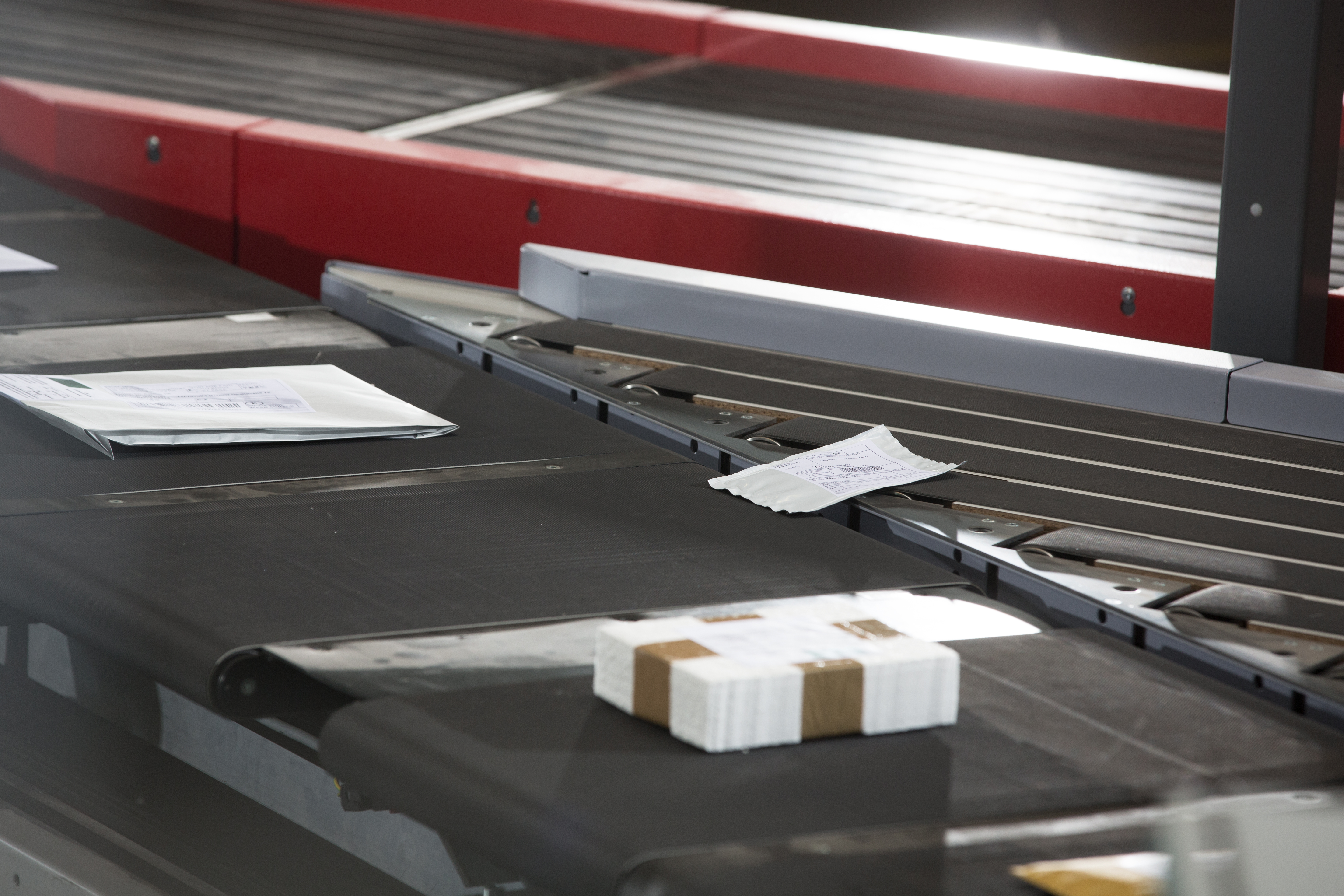Domenik Prims, systems architect, Siemens Logistics, Germany, will give his presentation entitled E-commerce handling – blessing and curse. Because the number of small parcels and oddly shaped items is increasing, how can technology aid e-commerce handling?
Describe your presentation.
The range of different items to be processed by parcel and postal service providers is changing. Today, an increasing number of small parcels, bags and envelopes needs to be handled. Conventional processes are stretched to their limits, especially by low-value consignments. The presentation will focus on the challenges those items present and on new technologies that allow quick and reliable handling.
What are the challenges faced by parcel and postal service providers?
Thanks to e-commerce, parcel volumes are growing. Typically, many of these parcels are smaller and lighter than what we have seen in the past, and they come in a wider range of shapes and packing materials. Low-value consignments are sent as mail and also as parcels, but they fit neither in the category of common mail handling nor common parcel handling. These consignments are either sorted manually, which results in higher costs and reduced revenue, or they are processed with slightly modified standard parcel technology that was originally designed to handle cardboard boxes. The result is a broad spectrum of operational problems, such as increased damage rates due to the combined processing of items of different weights and packing materials, and reduced throughput due to the inefficient use of large carriers for small items. On top of that, missort rates increase as a result of difficult-to-read labels caused, for example, by uneven surfaces and varying print qualities.
How can technology help to meet these challenges?
Siemens Logistics offers a broad portfolio of smart machines and proven software to process low-value consignments and to guarantee seamless handling under all circumstances. Our technologies are enablers to optimize performance values and to reduce the number of process steps.
One example is our powerful Visicon Capella, which provides an excellent solution for the high-throughput singulation of a bulk stream of smaller and lighter parcels. It employs a sophisticated delayering module that ensures items are not lying on top of one another during singulation. Parcels weighing as low as 100g and with a height as little as 3mm are being reliably and smoothly processed in hubs equipped with Visicon Capella.
To efficiently sort low-value consignments, Siemens’ VarioSort EXB Twin is ideal. It allows a wide parcel spectrum to be processed and can be very flexibly configured in regard to length, carrier, outlet, transportation speed and identification. It also optimally utilizes valuable space in sorting centers. Siemens’ ARTread software is used to detect parcel labels and read addresses based on OCR. The software is a great fit for low-value consignments because it can easily handle items in different shapes and packing materials and decipher varying print qualities, fonts and address layouts. Even tiny parcels with barely legible labels are sorted reliably and without additional effort, which guarantees a continuous flow without recirculation.
Only recently, we received a major order from the Swiss Post Zürich-Mülligen mail sorting center to optimize handling of low-value consignments. The contract with Swiss Post encompasses the integration of a fully automated sorting system into the existing infrastructure and includes the commissioning and optimization of processes using innovative, digital solutions. The new project represents a continuation of Siemens’ successful partnership with Swiss Post: In 2008, as part of the REMA (Reengineering Mail Processing) project, three mail sorting centers, including Zürich-Mülligen, were equipped with state-of-the-art Siemens sorting systems and fully integrated software solutions. The new order will see these machines and the associated complex system infrastructure extended significantly and adapted to meet the new challenges of a growing number of low-value consignments.

What are the main benefits?
Siemens’ highly automated systems and software solutions enable all items to be quickly and reliably processed. The result: a high throughput, optimized operational efficiency, improved overall productivity and significantly reduced operational costs. Our proven technology and smart software ensure smooth and gentle handling of any low-value consignments.
What further developments are being worked on for the future?
Parcel volumes are growing – and it doesn’t look like they are going to let up any time soon. In the future, Siemens will offer customers optimal solutions – no matter what changes and new requirements the booming of e-commerce may bring. Deep sorting and one-touch handling are just two of the many fields we are currently working in.
We monitor the market and our engineers consistently examine each stage of the parcel processing chain, because every single step contributes to system throughput. For even more effortless handling of low-value consignments, Siemens Logistics is, for example, working on robotized singulation solutions and alternative sorting concepts such as grid-based material handling systems. We continuously search for hidden potential for optimization, which is then integrated into our portfolio for parcel handling. In close cooperation with our customers, we develop tailored solutions to meet new challenges and offer intelligent solutions for effective and future-proof parcel logistics.
See Domenik Prims at 9:50am on Wednesday, October 2 in room 4. Siemens Logistics’ experts, including Mr Prims, will host a workshop that morning called The Future of Parcel Processing. For the full conference schedule, click here. To register for the conference, please click here. All information about this year’s expo can be found at the Parcel+Post Expo website.


